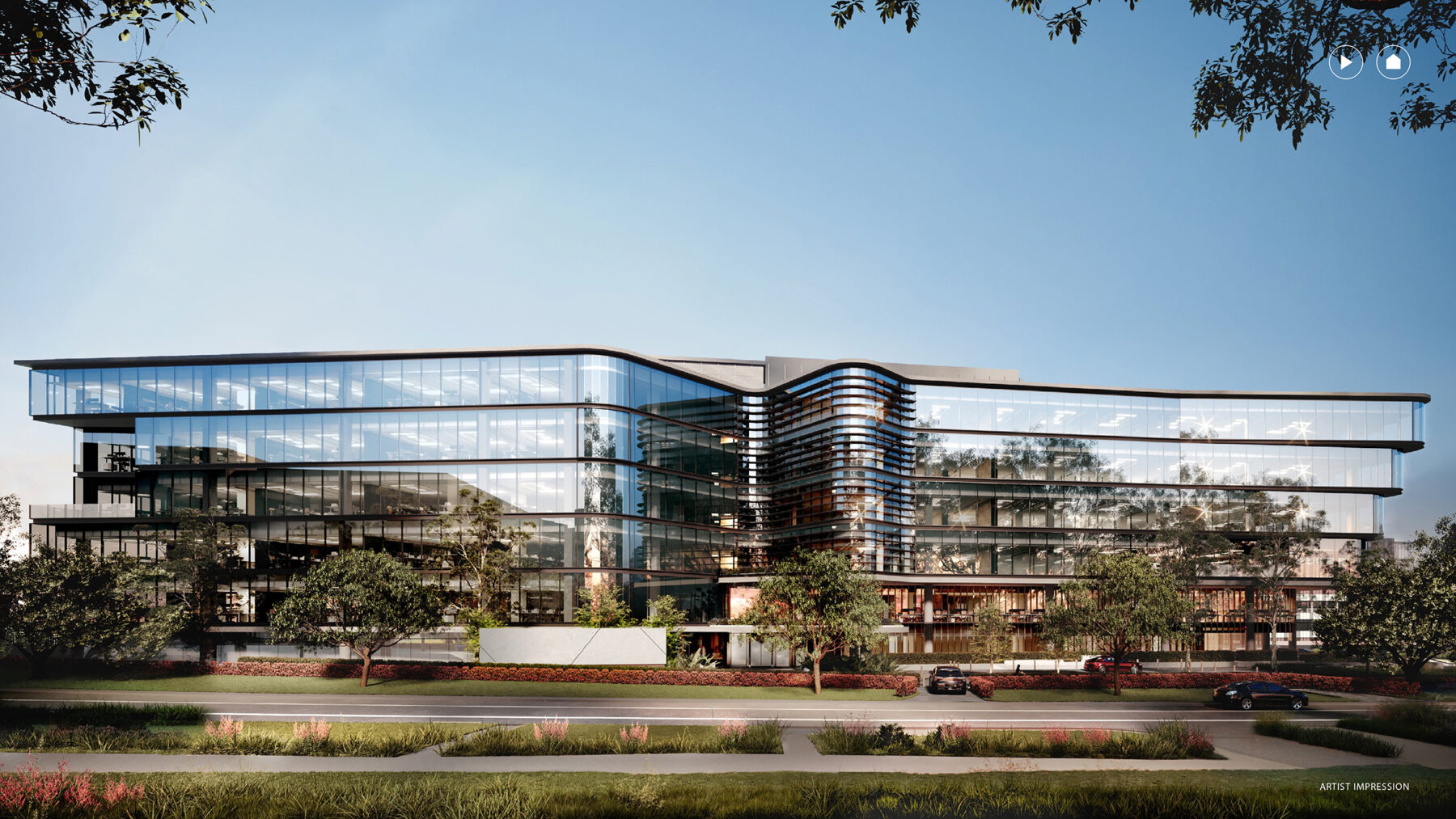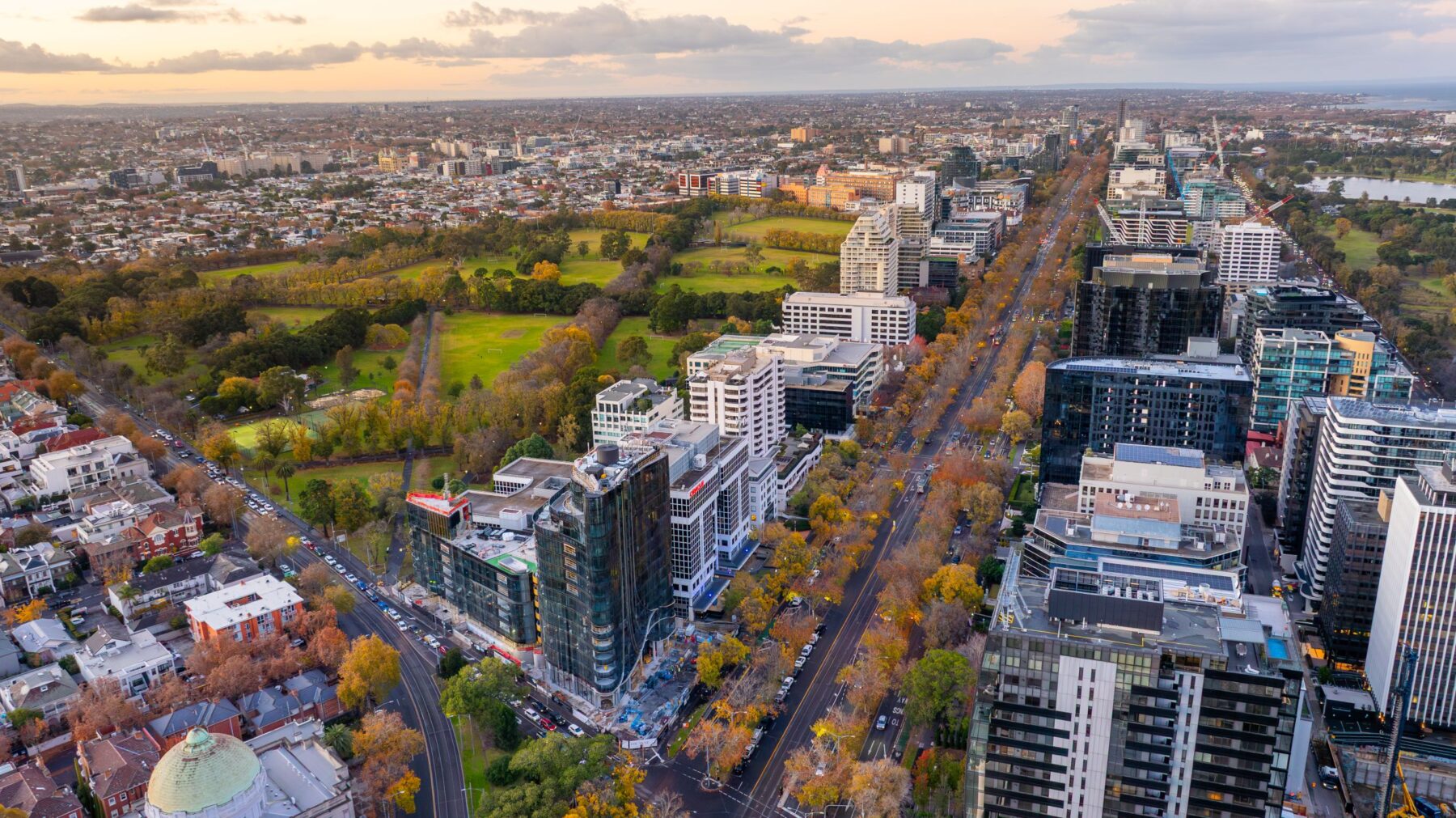Mapping the Future of Work: Why Small Talk, Spontaneity and a Shot of Caffeine Are Critical to Contemporary Business Innovation
28 November 2024
The importance of creating environments for organic human interaction to flourish alongside technology
As proptech continues to transform modern workplaces, organisations are drawing on AI tools to reshape and streamline their operations. Yet in among the resulting focus on data, routine and even regimen, a decidedly non-digital ‘wildcard’ is drawing new focus as a must-have conduit for innovation.
And that’s the not-so-humble cup of coffee.
In its Future of Work 2024: Driving value through corporate real estate research, global real estate services firm JLL maps out the trends that will evolve commercial real estate (CRE). Among them is a focus on ‘experience enhancers’, with seven in 10 CRE leaders in Asia Pacific foreseeing increased spending on areas such as hospitality services, employee experience and space design.
For JLL, the deliberate blurring of hospitality and work environments is already in play, with the front-of-house concierge at its Sydney office at 180 George Street being complemented by a barista serving up a steady stream of caffeine… and a little something else.
“The modern business landscape is heavily shaped by the routine and consistency of technology, but in designing the fitout of our office, we wanted to create meaningful spaces where ideas and innovations could flow organically and spontaneously out of human interaction,” said JLL Chief Executive Officer – Australia and New Zealand, Dan Kernaghan.
“This didn’t just mean creating inviting environments for scheduled scenarios such as meetings, but also spaces that would encourage more informal interactions between our people. It was about encouraging the kind of ‘bump-into’ moment you can’t mandate or measure.
“After all, proptech can help drive best-practice when it comes to operations and efficiency, but we know from within our own business that the true edge of innovation is often found in those sparks of human inspiration and collaboration that come out of nowhere.
“What better environment to encourage them than a barista station, where that five-minute wait for a cup of coffee can turn into a chance meeting or conversation that becomes so much more in the business innovation context,” said Mr Kernaghan.
Andrew Ballantyne, JLL Head of Research – Australia, noted that the Future of Work research clearly identified the importance of the office environment to the majority of corporates. This was illustrated by the fact 85 per cent of organisations had an attendance policy of at least three days a week in the office.
In Australia 55 per cent of organisations also expect to see an increase in the number of days in office by 2030.
“In Australia, we translate these figures to clear recognition that physical proximity has a tangible impact on collaboration and innovation. In fact, we believe there is clear evidence in the Australian context that innovation slips without it.
“As 19th century economist Alfred Marshall heralded: Physical proximity creates something in the air – an environment in which new ideas are rapidly shared and improved,” Mr Ballantyne said.
JLL sees an ongoing alignment of spaces to employee demand and the coexistence of various workstyles and working arrangements. Six in 10 CRE leaders in Asia Pacific reported having a well-defined program to deliver spaces and technologies for seamless collaboration of onsite and remote working employees.
Another JLL report, the Global Occupancy Planning Benchmarking 2024 survey, showed demand from employees for more work spaces. Thirty six per cent of businesses in Asia Pacific have increased their small meeting rooms, 36 per cent have expanded the number of focus rooms and 31 per cent have boosted the amount of collaboration spaces.
JLL Director of Workplace Strategy Sonya Alexander highlighted the Future of Work report’s capture of a key CRE priority as harnessing AI and technology to enhance workplaces.
“There’s critical emphasis on proptech and AI to help advance the business landscape, and that will only continue to strengthen,” Ms Alexander said. “But these tools serve a purely transactional function.
“What we can’t lose sight of is the importance of genuine workplace networks and connections.
“People exchanging ideas, snippets and small talk powers the engine room of innovation, turning a ‘just passing by’ mindset into big ideas and opportunities.
“It’s not transactional, it’s not structured and it can’t be planned, but what corporate leaders can do is consciously create environments that encourage it to flourish.
“Ultimately, it’s all about tapping into the power of a moment that begins as: ‘Hey, great to see you, that just gave me an idea!’,” said Ms Alexander.



